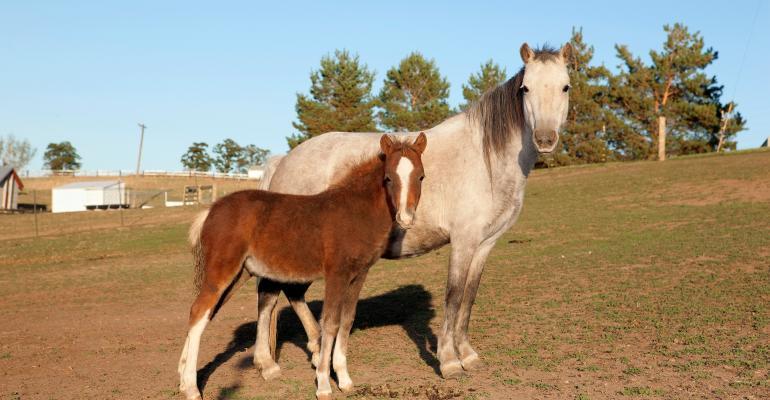The Washington State Department of Agriculture (WSDA) state veterinarian’s office confirmed the...
The Challenges of Addressing Veterinary Shortages

The Dean of Purdue University’s College of Veterinary Medicine says a national shortage of veterinarians continues to impact rural communities.
Dr. Bret Marsh says an increase in animals needing care and limited access to resources is making it harder for veterinarians to meet their clients’ needs.
“We’ve had significant shifts in our animal populations,” he says. “An increase in the number of pets and continuing consolidation in livestock production. With those various shifts in animal demographics, it produces challenges in providing veterinary care.”
He tells Brownfield that addressing challenges in rural communities is key to attracting and retaining veterinarians.
“Once they launch into a career, it’s a multi-decade career,” Marsh says. “If we can get veterinarians interested in some of these local communities and they become a part of that community and they become an important part of that overall dynamic in the local community, then they’ll be there for many decades.”
Marsh says Purdue’s College of Veterinary Medicine is working with industry leaders to explore new approaches to improve access to veterinary care and strengthen interest in the profession.
EDITOR’S TAKE:
It is unfortunate that rural communities are having such a difficult time attracting veterinary talent, especially for large animal practices. This is compounded by the lack of some basic services in those areas, such as schools, high-speed internet, shopping, etc. However, in the modern era we live in some of these “objections” become less important. Maybe you know of a talented student who would be interested in pursuing a career in large animal veterinary services. Perhaps you might share this critical need with them and encourage them to visit with your state’s Land Grant University. It could help the farmers/ranchers in your area and the rural community you serve.








